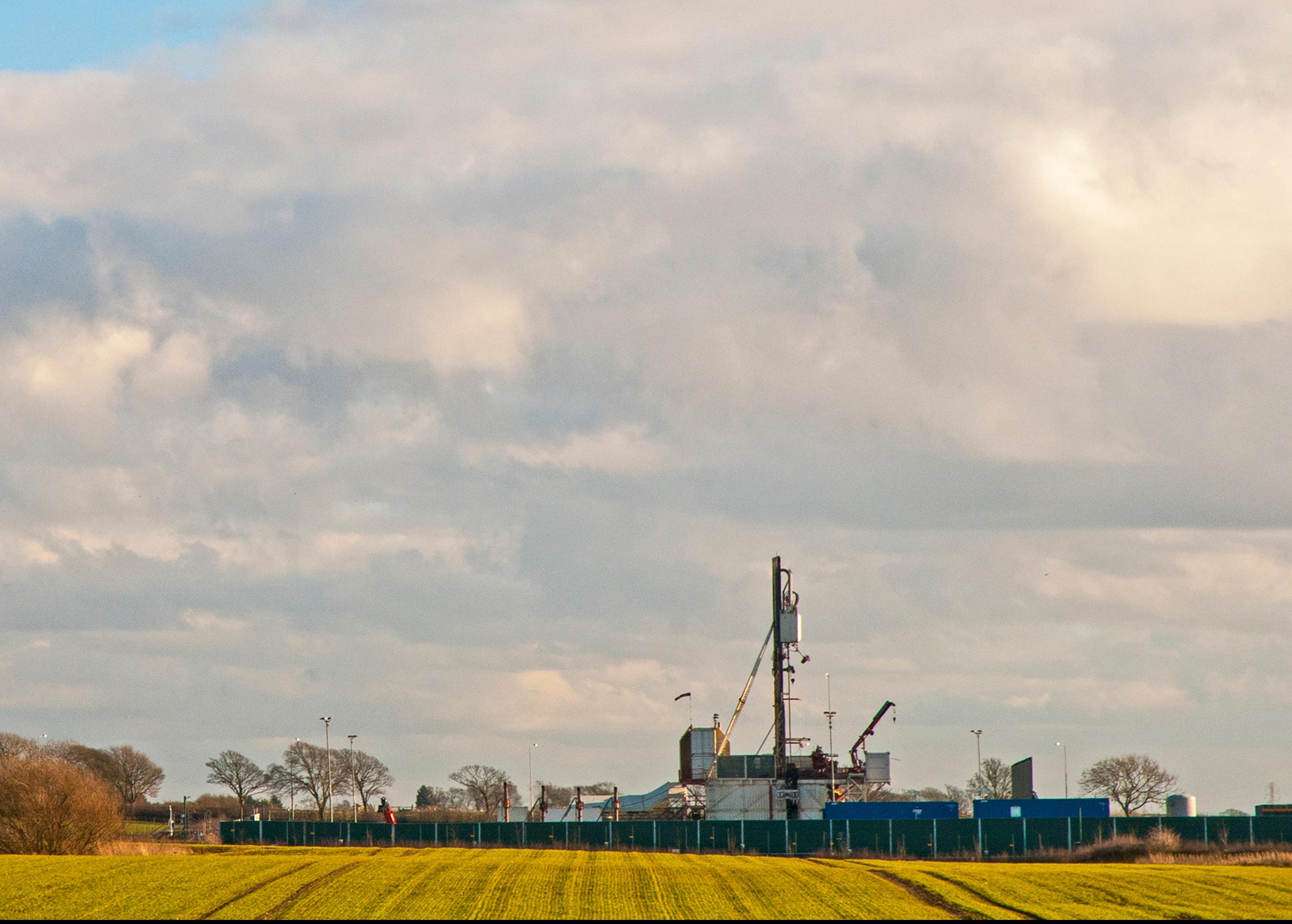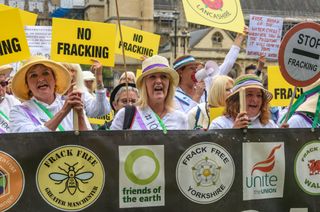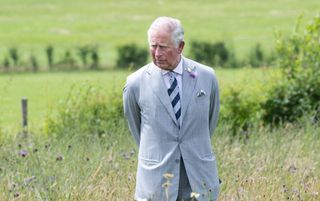'The end of fracking in the UK': Campaigners claim victory as Lancashire drilling site begins shutdown
Anti-fracking activists have hailed the news that energy company Cuadrilla is removing equipment from its Lancashire site as a sign that shale-gas extraction is coming to an end in the UK

Fracking may have come to an abrupt end in the UK. Energy company Cuadrilla has begun removing equipment from its site in Preston, Lancashire, where it had begun drilling in 2011. The move has been welcomed by conservationists who hailed it as the beginning of the end for shale-gas extraction in the UK.
Cuadrilla’s announcement may sound surprising, considering it comes only a few months after the Department for Business, Energy & Industrial Strategy stated it was considering reviewing the seismicity limits for earthquakes caused by fracking. However, operations in Preston had already ceased in August after a tremor caused by drilling reached 2.9 magnitude on the Richter scale. Government regulations say that companies must stop drilling for 18 hours after earthquakes of 0.5 or higher, so the Oil and Gas Authority halted the work to carry out technical studies.
Health and safety concerns sparked by fracking-driven earthquakes are one of the reasons shale-gas extraction has been strenuously opposed not only by conservation groups — which argue that it can contaminate water, pollute the air and industrialise the countryside — but also by the public at large, leading to a number of anti-fracking initiatives.
Last October, for example, when it looked like the Government might fast-track fracking, twenty charities and campaigning groups wrote a joint letter to decry the proposal, which they called ‘simply unacceptable’ and ‘a ruthless subversion of local democracy’.
Meanwhile, in Preston, a group of older women, who call themselves the ‘Nanas’ and wear un-threatening yellow tabards and scarves, have been peacefully demonstrating against Cuadrilla’s activities for more than 1,000 days. Their creative protests, which have ranged from playing the samba to holding a tea party in front of Buckingham Palace, have garnered huge support from local residents.
Now it looks like their battle may have been won: Cuadrilla has announced that ‘further hydraulic fracturing will not take place at Preston New Road before current planning permission for fracturing expires at the end of November’.

Although the company has also said that it will ‘begin flow testing its second horizontal shale-gas well’ at the Lancashire site, many fracking opponents are claiming Cuadrilla's decision to remove equipment from Preston will put an end to shale-gas extraction in this country.
Sign up for the Country Life Newsletter
Exquisite houses, the beauty of Nature, and how to get the most from your life, straight to your inbox.
‘We think this hopefully means the end of fracking in the UK,’ Craig Bennett, chief executive of Friends of the Earth said in a statement.
'If they want to frack again they’d have to reapply for planning permission, it’s unlikely they’d get it, and already we’re really seeing moves against fracking.’
The political landscape certainly appears to have changed. The focus on climate change has sharpened and so has demand for a switch from fossil fuels, within which shale-gas extraction squarely falls, to cleaner sources. As a result, the upcoming energy white paper looks set to favour renewables such as wind and solar power over fracking.
'CPRE is delighted to see Cuadrilla packing up and moving out of their fracking site at Preston New Road,' says the countryside charity's deputy CEO, Tom Fyans.
'Our countryside is a valuable asset for our own health and well-being, and to address the climate emergency. Ending fracking is absolutely essential as it is incompatible with the UK’s climate change commitments. The UK must speed up its transition to renewable energies, and bring in steadfast policies to ensure a sustainable transition to zero carbon agriculture, restore our peatlands and essential soils, and, improve the energy efficiency of both new and existing homes.'

Credit: Dreamstime
Gas from grass: The bold plan which could end the fracking debate, and boost farming
A bold new scheme is in place which claims to be able to kill off the idea of fracking, give

Country Life Today: We have 18 months to save the planet, says Prince Charles, and it's time to lead by example
The Price of Wales issues a warning about our future; an Oxford don suggests that farming holds the key; and
Carla must be the only Italian that finds the English weather more congenial than her native country’s sunshine. An antique herself, she became Country Life's Arts & Antiques editor in 2023 having previously covered, as a freelance journalist, heritage, conservation, history and property stories, for which she won a couple of awards.
-
 A well-connected rural playground with 23 acres on the edge of the South Downs National Park
A well-connected rural playground with 23 acres on the edge of the South Downs National ParkOld House Farm is an impressive family home with a wealth of amenities that would inspire any rural passion.
By Arabella Youens Published
-
 The UK gets its first ‘European stork village’ — and it's in West Sussex
The UK gets its first ‘European stork village’ — and it's in West SussexAlthough the mortality rate among white storks can be up to 90%, the future looks rosy for breeding pairs in southern England.
By Rosie Paterson Published